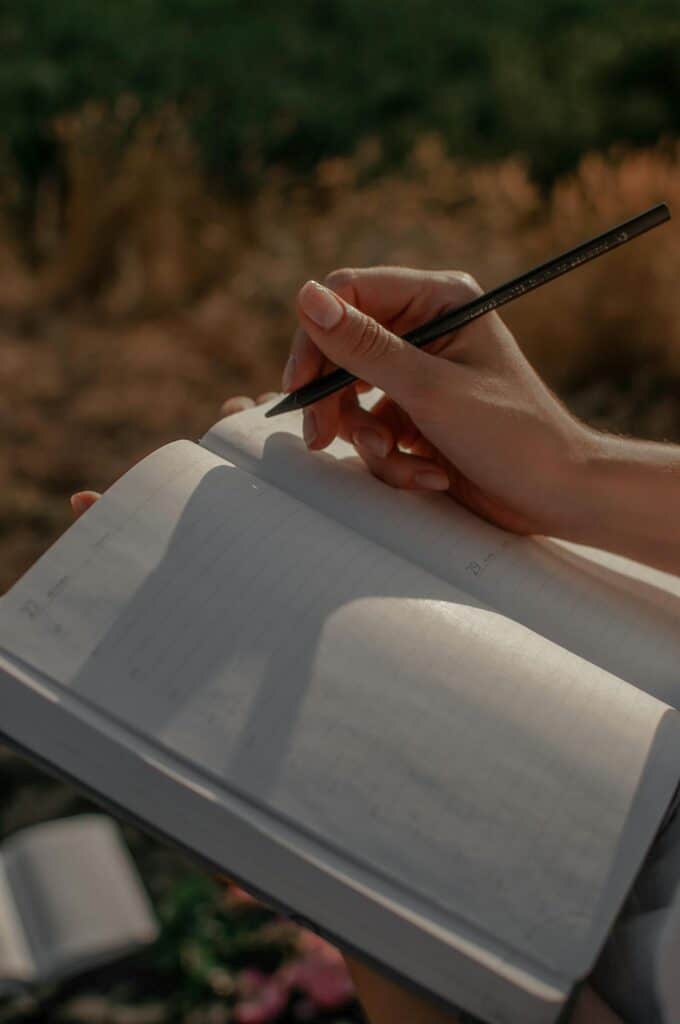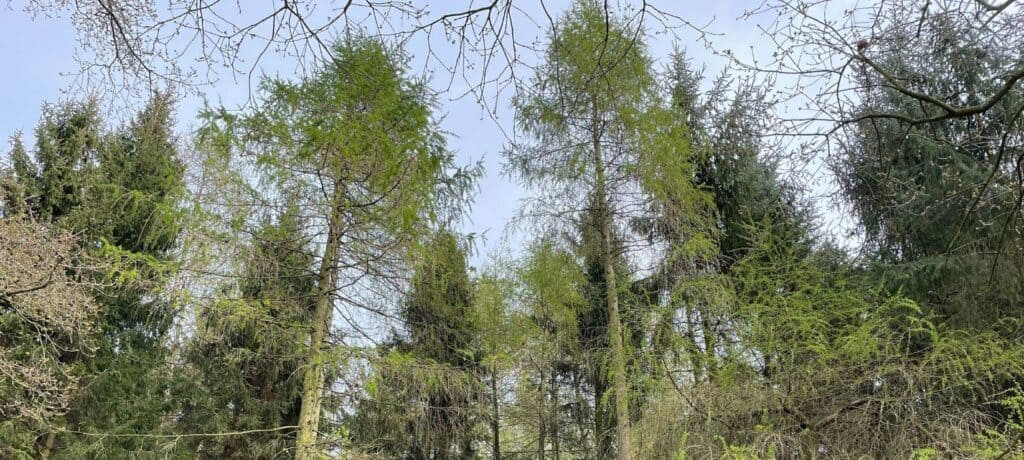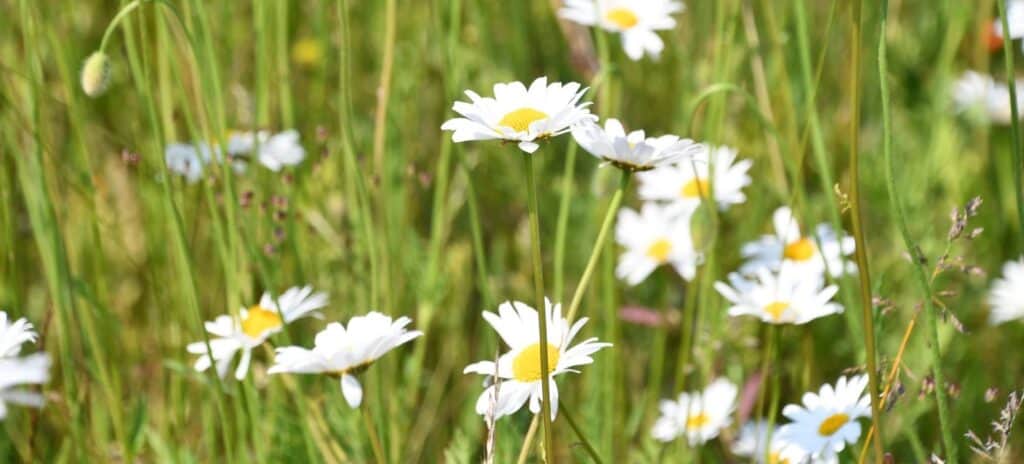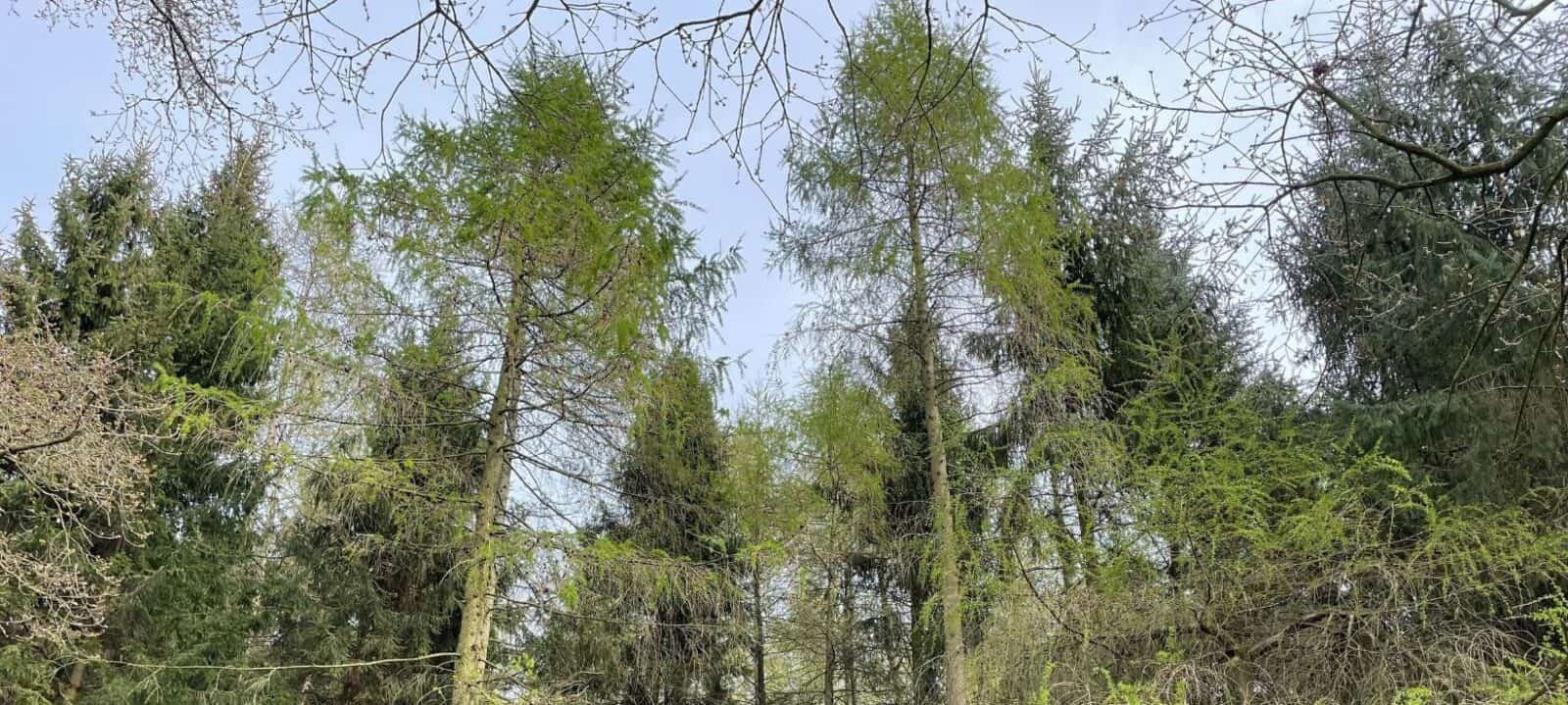A blog by Jo Roberts, an aspiring author, intuitive writing mentor, and book coach living in Cumbria. Jo has recently participated in our online course ‘Developing Nature Writing‘, and we are delighted that she was inspired to share her experience

With a fizzy sense of anticipation, the screen flicks into life, revealing a smiling grid of faces. Some I recognise, some I don’t. And there in the middle is Emma, our tutor, welcoming everyone in.
I know what to expect this time, having completed and enjoyed the online Exploring Nature Writing course. So, I was keen to sign up for Developing Nature Writing and continue my journey with the Field Studies Council. Each of the weekly Zoom calls is a chance to be with other course participants and hear Emma’s nurturing responses to our task submissions. A place to delve a little deeper and share our experiences.
One of the things I love about being part of any group is finding out about the people I am with. What interests and backgrounds do we share? What makes each of us unique? Developing Nature Writing is no exception, and I’m intrigued to discover that our group has a winding thread of social and healthcare, ecotherapy, and practical conservation interests. Quite different from the more science-based cohort of my previous Field Studies Council course.
‘Be curious,’ encourages Emma. ‘Enjoy the creativity and sharing.’
This is wise advice, as week one jumps straight into blending writing with art perception. Each of the short tasks (hosted on the Moodle online course platform) we’ve been set allows us to re-imagine and explore a sense of place. For some, we are encouraged to focus on a minute detail, and with others, to pan out and let our imaginations run as wild as the nature we are immersing ourselves in. Our final task of the week invites us to choose a picture of a landscape and discover the story within it. An imagined moment, where there is no right or wrong way to interpret what we are seeing.
As I gaze at a child’s drawing of a home nestled within the Himalayan mountains – bright prayer flags fluttering in the breeze – I am captivated by the people that come alive in my mind. In the early hours of daybreak, I conjure a small girl whispering softly to the shadowy figure of her young aunt. A strong, intelligent, and vibrant Sherpa woman moving silently through their small home.
‘Will you see a snow leopard today?’
‘Shh, sweet one. You should be sleeping.’
‘But will you?’
‘Maybe. If the mountain mother smiles upon me.’
I don’t know where the story goes. I don’t need to. Not yet, maybe never. Other participants re-create animals, and beautiful stories, suspended in time. And in discussing these tales, we gently reveal the emotions that the pictures and photos have evoked in each one of us. And it becomes evident that within our writing we are often seeking to understand … about ourselves … our environment … and the world we live in, just that little bit more.
This thoughtfully creative start to the course segways nicely into week two, which weaves philosophy and poetry into the mix. Challenging perceptions that we might have about species and experiences within the natural world. It is an opportunity, as Emma reminds us on our second Zoom call, to stretch ourselves and to explore the use of metaphor within our writing. We finish the week with an invitation to forest bathe, to find our own ‘personal flow’ in the natural world. I need no second asking, as spending time sitting, or lying beside trees is one of my favourite things to do. Simply being, with no agenda and nowhere else to be is a chance to quieten my mind and rest heavy limbs. And yet, as I close my eyes, I am grateful for this task which reminds me that whilst the woodland is there every day, I don’t visit anywhere near as much as I could, caught up in my busy world.

From this reflective stance, the course continues at a pace (time flies when you are having fun) introducing folklore, mythology and fiction writing exercises into weeks three and four. Each task taps on the door of imagination; where underground, over ground (wombling free) we are expertly guided to explore a variety of ecosystems, habitats, and even intergalactic spaces. Conjuring make-believe worlds and vibrant characters, pulls us into re-imagining natural spaces in a different way, seeing perhaps not as adults, but as children; wild and free.
So much so, that by the end of the fourth and final Zoom call, there is a palpable air of group cohesion, with jubilant faces and relaxed chat. Whether it’s creativity, people, or science that makes each of us tick, the Developing Nature Writing course has gently encouraged us to experience, express, and imagine more deeply with the amazing natural world around us. And I finish the course far richer in my writing because of it.
With many thanks to Emma and the Field Studies Council team

Read Jo’s previous blog about our ‘Exploring Nature Writing’ course.
To experience the wonderful world of nature writing for yourself – check out the Field Studies Council range of nature writing courses.
Join us for the next run of ‘Developing Nature Writing‘, starting on the 3rd of April 2024.
Jo Roberts is an aspiring author and intuitive writing mentor living in Cumbria, with her fabulous dog, Millie. You can find out more by visiting www.writinginsideout.co.uk.

